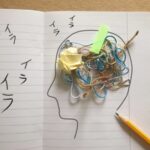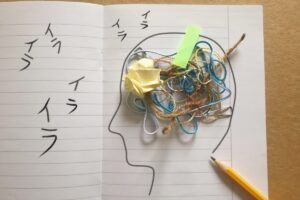Detailed Criteria and Testing for Higher Brain Function Impairments
The Three Main Criteria for Diagnosing Higher Brain Function Impairments
- Manifestation of symptoms specific to higher brain function impairments, such as attention disorders.
- Brain damage confirmed through imaging tests such as MRI or CT scans.
- Symptoms resulting from external factors, not from congenital or progressive diseases.
Methods for Testing Brain Function
Imaging tests like MRI and CT are primarily used to examine brain function and damage. Particularly, cerebral blood flow SPECT is a valuable method for capturing areas of reduced blood flow. Neuropsychological tests are also commonly used to assess ‘attention’, ‘memory’, and ‘thinking processes’.
Finding Specialists in Higher Brain Function Impairments
Using the National Center for Disability Rehabilitation
You can obtain information about consultation services nationwide from the Center’s “Higher Brain Function Impairment Information & Support Center”.
Utilizing the Japanese Society for Higher Brain Dysfunction
By referring to the ‘Executive Members’ list in the ‘Society Overview’, you can find information about doctors who are active members.
Approaches to Treating Higher Brain Function Impairments
The key to treatment is personalized rehabilitation. Applying the right rehabilitation methods can help build new neural networks and restore function. Here are some specific treatments for various symptoms:
For Distractibility
- Take regular breaks.
- Reduce working hours.
For Forgetting Appointments or Schedules
- Use planners or calendar apps.
- Develop a habit of taking notes.
For Low Efficiency
- Progress tasks one at a time.
- Display task sequences in a visible area.
For Relationship Troubles
Quick to anger and having difficulty reading others’ emotions, it is important to value communication with family and peers. Consider introducing cognitive-behavioral therapy.
Applying Cognitive Behavioral Therapy
Record daily concerns, emotions, and physical changes to understand personal challenges better and attempt to change behaviors based on those records. This method can help control emotional and physical conditions.
Higher brain function impairments stem from brain damage and encompass a wide range of symptoms and treatments. It’s crucial for patients and their families to obtain accurate information and based on that, receive appropriate support.




